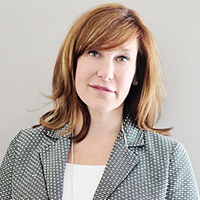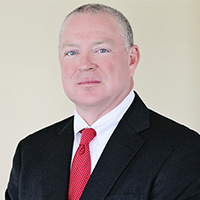 Anderson County, SC Felony Lawyers
Anderson County, SC Felony Lawyers
Not enough matches for Anderson Felony lawyer.
Below are all Anderson lawyers.
Sponsored Lawyers
1-10 of 39 matches
Accident & Injury, Medical Malpractice, Personal Injury, Nursing Home, Wrongful Death
Ms. Burnett is a trial attorney who concentrates her practice in representing people who have been injured as a result of professional negligence, including nursing home abuse and medical malpractice. She is a member of the Million Dollar Advocates Forum and was named a Partner in the firm in 2012. Ms. Burnett received a Bachelor of Science degree in Psychology and French in 1996 from the College of Charleston in Charleston, South Carolina. She graduated magna cum laude. She received a Juris Doctor degree in 2001 from the University of South Carolina in Columbia, South Carolina, receiving multiple academic honors and distinctions. After law school, Ms. Burnett served as a law clerk to the Honorable G. Ross Anderson, Jr. in United States District Court in Anderson, South Carolina. Ms. Burnett began her private practice handling the defense of a variety of claims in both federal and state court, focusing her practice in the defense of nursing home abuse claims. In 2007, Ms. Burnett left her practice to join our firm to represent victims of nursing home abuse and medical malpractice.
(more)Accident & Injury, Personal Injury, Wrongful Death, Car Accident, Slip & Fall Accident
Having worked at one of the largest law firms in the state as a defense attorney for six years, Mr. Harbin moved to Anderson in 1996 and began using his experience to help individuals with serious personal injuries. Mr. Harbin has a number of high profile cases to his credit including the Charlotte Motor Speedway bridge collapse. Mr. Harbin is a member of the highly prestigious Multi-Million Dollar Advocates Forum, an honor given to less than 1% of all U.S lawyers, and he has been named as a Top 100 Trial Lawyers by the American Trial Lawyers Association as well as the Best Lawyers in America© 2016 and 2017 lists. Tony is also AV Peer Review Rated by Martindale Hubbell, the highest possible rating for ethical standards and legal ability, and was selected to South Carolina Super Lawyers 2011-1013.
(more)





